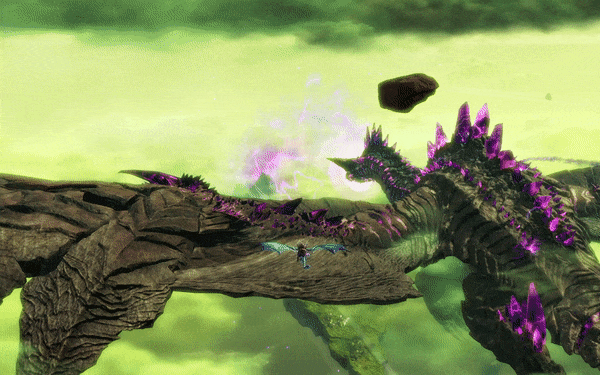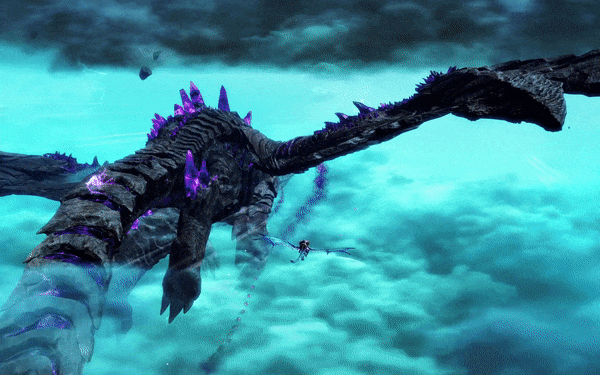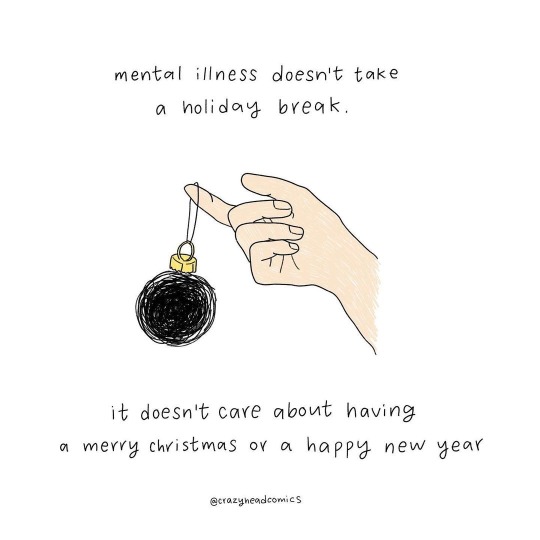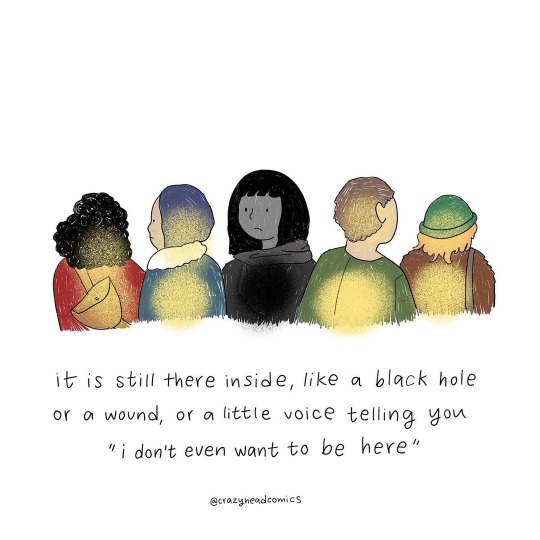I stock girls, horrors and guinea pigs
Last active 3 hours ago
Don't wanna be here? Send us removal request.
Text
gonna be a hero today (dispense treats to guinea pigs)
90 notes
·
View notes
Text

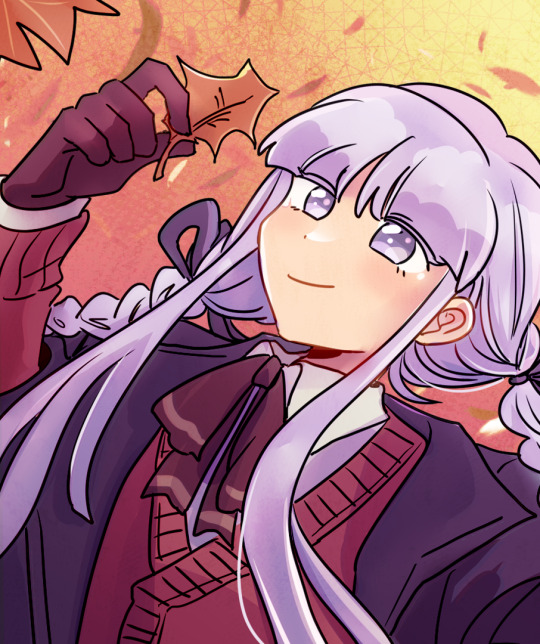
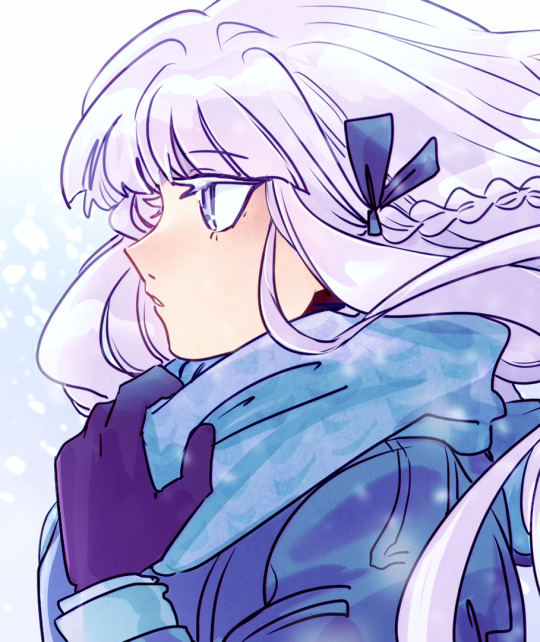
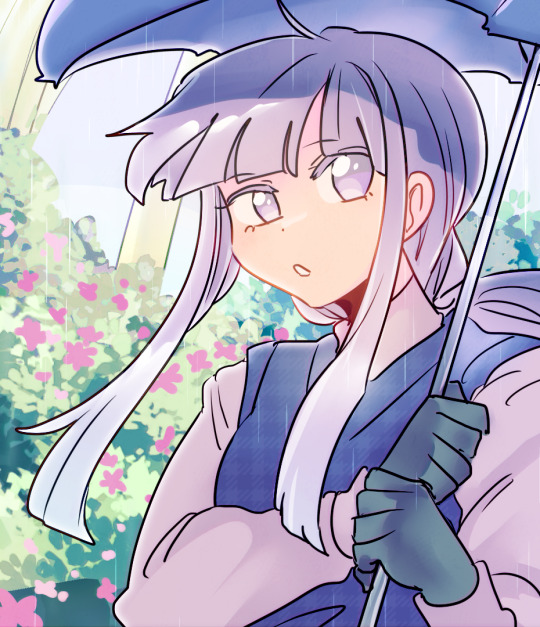
seasonal kyokos I drew for the @kyokozine last year!!💜
2K notes
·
View notes
Text

FNAF Vanessa has worries over Gregory,,
7K notes
·
View notes
Text
Full complete analysis on Makoto Naegi - Part 1 - the ordinary boy
Welcome, I’m here today to analyze Makoto completely. I will take into account THH, his short novel « Makoto’s secret file », Dr0, sdr2, If and dr3. When counting THH, I will consider some ftes as they are important for Makoto but only when the things said in the ftes are implied in the main story except for one time. Here, I will only use THH, IF and Makoto’s secret file (novel)
This complete analysis will be divided into 4 parts. This is the first one and second one and here I’ll talk more about Makoto in THH but that won’t mean that I wouldn’t take the other media mentioned before. It’s just that it’s better to analyze the base for his character. He was meant to be a self-insert but Kodaka and the others with him developed Makoto enough until he couldn’t be considered one. So even in his conception, Makoto can’t be considered as a self-insert. His forgiving nature and some of his actions are too much for any kind of normal people to insert into.
But having that establish, who is Makoto Naegi and what is his role in the story? We have first to explore in more detail the first chapter, the chapter where Makoto grows the most. While his self-confidence and trust build up throughout the game, his primary evolution is the first chapter. But that’s something that most people and even their own fans ignore sometimes. And we will develop after that in the other chapters.
🛑 HPA : Hope’s speak academy
Focusing on the first chapter
The acceptance of the ordinary
First, we must analyze the prologue. The prologue is about Makoto. He describes himself as being that: a normal and ordinary person, even more average to the normal average person and in contrast he puts on a pedestal the ultimate.
So, in this introduction made by Naegi, two things are important. First and foremost, the fact that he is ordinary. He is so ordinary that he considered himself as average even among the average. The word average is used 5 times to put in our head that Makoto Naegi is only your average guy. But this fact, he has accepted it. He doesn’t try to deny that because it’s just who he is. It’s a reality that he cannot be dismayed.
But Makoto undersells himself a lot of time and maybe we can even say that he has an inferiority complex, not as big as Hajime Hinata, but still there. But rather than succumb to his average existence, he seems to have accepted while in comparison, Hajime suffers a lot from it.
The key difference between them is…
That Makoto is « a little more gung-ho than other people ». Indeed, his optimism. But as he lacks confidence in himself, he used the adjective « little » to describe his optimism as still something trivial.
For him this optimism is unexceptional and doesn’t seem to be special. But as we know, he
undermines any actions he makes because of his warped mindset of what is normal.
While for him, it’s nothing more than a simple optimism, others might have
different opinion on it.
But him, presenting this way is intentional. He looks plain and boring but that’s the thing as he is more average than the average person. But why that much? People who often analyze him would say that it helps to reveal that he is in fact not ordinary and that he is extraordinary and will stop there. However, here’s the thing: being bland or boring isn’t causing Makoto to despair or anything like that. And even if he has an inferiority complex towards the ultimate, it doesn’t mean that he wants to become extraordinary.
Matter of fact, he has pride in his normalcy and expresses how being ordinary is great. For instance, during Byakuya ftes, Makoto says as much to Togami « even if you live a totally normal, unimportant life, you can still find happiness in that ».
Even without the ftes, in the prologue, he rejects the notion to be an « everyday hero ». But most of his plainness can be explained by his lack of drive or ambition. As I said before, living a boring life is something that he likes as long as he can be happy. He doesn’t need dreams or anything to be happy. Being uninteresting doesn’t hinder him at all compared to Hajime who wants to be a part of the elite.
In his acceptance of his normalcy, he is also someone who has accepted that he cannot control his luck, like he can’t control his ordinariness, that’s who he is. So, we see that Makoto is someone who can accept things even if they are hard to accept.
He used to be someone who complained when he has bad luck but after hearing the words of an old man, he decides to accept those words and to accept that there are some things that can’t be control and are inevitable.
This is an important part of him and allows us to know why he was able to surpass the events of the first trial.
Inferiority complex
So, his inferiority complex manifests vastly in the prologue and in the first chapter. In the prologue, he undermines himself greatly but not because of his normalcy but because he is in a class of ultimate students, so he feels inadequate as he doesn’t possess any real talent. This is why when he couldn’t find info about some ultimate student, he hoped that there were people like him in order for him to feel at ease even a little.
But it’s in the first chapter that most of it is shown to us and that’s through his dialogues with Sayaka. But why? Having his crush from middle school, it only makes the difference between them apparent so he self-deprecates himself even more.
The first time happened when they met. He thought that she wouldn’t remember him because of him being ordinary. The second time was when Sayaka thanks him for intervene before Byakuya and Mondo fight which Makoto responded by saying how he is « nothing » compared to them.
And the third time is when Sayaka described her fears and dreams to Makoto. The ordinary boy has seen how scared Sayaka was but he didn’t try to console her. But why? Because he knows that kind words won’t help her at all and that’s what he said, « And that isn't something that can be fixed with a few kind words ».
He has nothing to compare to her as she carries much more than him, with their lives being far different from each other. But doing nothing to console her is frustrating him as he states when he goes back to sleep « Even if I understand where her desperation is coming from, I can't share in it. ».
But one must ask. If he has an inferiority complex why is it not shown to us after the first chapter? That’s because he values his normalcy so it kinda balances his inferiority complex and it’s also because after the chapter one, he has an objective, a goal far greater than his own problems: getting out of the killing game with everyone and defeat the mastermind.
But there is also crucial information that allows us to understand why his inferiority complex is not really on his mind during the main story which is the last Chihiro’s fte. We learn that he has truly an inferiority complex (which is still about him comparison to the ultimate students) but that he has accepted his normalcy and takes proud in it as we have seen with Togami’s ftes. To surpass that, he « throws into something hard enough » which enables him to move forward.
Before the awakening
Before the first trial, before Sayaka’s death, Makoto, in the first chapter isn’t optimistic at all or the « social butterfly » that most people think he is. It’s in that chapter that his insecurities are shown to us the most. Coupled with the facts that they are in a killing game; it’s no wonder he feels anxious. In addition, his passiveness and submissive nature that he has doesn’t help him at all in this situation. Therefore, it’s in this chapter that he is at his most normal self, it’s in that chapter that he is at his most vulnerable moment.
His own behavior is different from others chapter and the reason for that is Sayaka. When Sayaka and him talked for the second time, they become glued to each other until her death. He and her were always near each other to the point others have suspected that they might be a thing. But why is he glued to her?
Firstly she is his crush, there is also the fact that being with someone familiar made him feel at ease and forming a deep bond with Sayaka has a great impact on him.
Sayaka’s first fte is important and canon. It’s Makoto who goes directly to her door to talk with her, showing again, his will to only talk with Sayaka. I won’t talk about its content but will take the most important part for this analysis. It’s when Sayaka begins by saying this:
Sayaka: that we had to meet again under such awful conditions,
but...I'm relieved you're with me.
Makoto: Sayaka...
Standing here face to face and hearing her say that... It's nice, but...kind of
embarrassing at the same time.
Makoto : I...know how you feel. You being here is what saved me...
Sayaka: R-Really? Ehehe. Thank you for the flattery.
That smile... That mysterious smile that softens my heart... I really wasn't flattering
her. That smile saved me
So basically, as much as Makoto’s presence saved Sayaka, her presence also saved him. People often said that Sayaka was heavily reliant on Makoto but Makoto was also almost as reliant on Sayaka. He really feels at ease with her, and she is the only one when he is with her, feel at peace.
He can solace when with her. This point is even reinforced by her last fte where he again says that his friendship « with her is my one source of courage ». And IF also confirms it:
« They had only really spoken in the past few days, but her optimism was a constant support for Naegi--and it went the same way for her.»
She is that much to his character and to understand his growth. He really grew attached to her.
Also, too many people think that he trusted everyone in that chapter but it’s not the case at all. Matter of fact, he only trusted Sayaka and himself. When the motive video happened, the only moment where he regained his spirit, was when Sayaka left. Sayaka is the most important and he disregards everyone while searching for Sayaka:
"Everyone went their separate ways... But I don't have time to worry about them right now. I have to go find Sayaka!"
Even IF confirmed what I said:
« Naturally, escaping the school with all of his classmates was the most ideal scenario.
But other than Maizono, he had never met any one of his classmates before, and he had no idea if he could trust them. Yet for a moment, he found himself believing that they were people worth helping even at the cost of his own life, just like Maizono. »
Which confirms the fact that he never couldn’t trust anyone except her. It’s only when he obtains his memory that he wants to trust anyone. But before regaining his memories, he has his eyes on Sayaka and himself, and after the others.
But the last thing that must be said is how he acts after he watched his motive video in the first chapter. He is completely distraught and very scared to the point that he slams one of the tables inside the room and keeps continuing to say that he has to get out and to make sure everybody is safe. His thoughts are also disturbing saying things like « a single thought was racing through my mind » which could very well implied, killing of the will to get out which also means to kill someone to get out.
When other people come, he stays still and is voiceless. He isn’t in the right mind and he’s still in fear of what to do. Thankfully Sayaka was here, without her, Makoto could have either kill someone or feel very anxious.
It shows that Makoto in this chapter, is instable. He expresses his anger more vividly, he is more imprudent, impulsive while in other chapters he is calmer. He tried after all to hit Monokuma twice in this chapter. The first time he was trying to console Sayaka and the second one at the end of the first trial.
To conclude, Makoto in the first chapter is different from the other chapters. He isn’t optimistic at all and is far more insecure about himself and the killing game put a burden on him. But the presence of Sayaka is important as she is the person that allows him to feel at ease and to feel better. She « saved » him like how he saved her in a way. Also, Makoto didn’t try to trust anybody and only cared for Sayaka and himself, at least he prioritizes his and her life beyond the lives of his other classmates.
Awakening
But what is the factor, the element that allows him to grow to what he becomes at the end of chapter 1? The death of Sayaka. Again, yes Sayaka is that important for Makoto’s character just how Makoto is important for Sayaka’s character too. Her death is what hurtled him the most, at least in THH. That one familiar person, the one he was close to, died.
When he discovered her death, he collapsed almost immediately, supposing that he couldn’t bear what he saw. And even when he is waking up, he tries to completely deny her death and wants to come back to see if she is truly dead. It’s too much for him as he said when he wakes up.
« “So it wasn't a dream? What I saw... It was real...? »
Facing reality is hard for him and he tries as much to not do it. That’s how her death affected him. Even when he tries to investigate her body, we see how hard it is for him, to the point that he forces himself to do it. Even Kyoko states that he looked « pale, blue almost ». That’s just show how much he forces himself to do it and how the only thing that pushing him forward is his will to know why Sayaka was killed
After that, it’s the trial where he discovered that Sayaka wanted to trap him which let him voiceless and even if he continues, he is depressed about it. But the one that caused all of that is Monokuma and Makoto knows it very well. So, when the bear taunts him which he succeeds, Makoto in anger attacks him
again, showing again his careless nature for his life when he is furious and angry
His anger doesn’t stop there. As Leon is going to be kill, Celeste attacks Leon verbally which makes him stressed, but Makoto stops them. He then continues to accuse Monokuma of being the one that is the blame for everything. We can really see how obsessed and how stubborn he is right now and doesn’t leave Monokuma alone. He is really outraged by him, after all it is Monokuma that partially caused the betrayal of Sayaka.
At the end of the trial, he even told himself that the time passed with her was a lie, that she never considered him in the first place and tried to use him in the first place. But Kyoko explains to him that she did care or at least at the end she cared. The detective also gave some advice to forget about them and goes forward, but Makoto does the opposite and said that he will remember them, he will keep the good memories and even the bad ones as to not forget them.
Then, he chooses the hardest path as he wants to remember the pain that those memories would cause him. In this moment, he began to start his path toward becoming the ultimate hope and the one that enabled that was Sayaka in her death. Her death pushed him forward and awoke him so as he becomes the ultimate hope in the last chapter.
In conclusion, here we see how much Makoto grows towards the first chapter where at first, he was scared, frail, insecure and relied on Sayaka to stay sane. But at the end of the chapter, we see how he evolved and gains his own determination: put an end to the killing game. He decides to put trust in the one who betrayed her. And if he can put his trust in Sayaka, why can’t he do it for his other classmates trapped inside of the killing game?
Post-Chapter 1
Grief
Again, I don’t know why people think that he isn’t in grief, but he is. It’s shown to us throughout his optional dialogues. But the one that he grieves the most is Sayaka of course.
Throughout the optional dialogues we see how her death afterwards hit him hard. He thinks about her most of the time. He is here consumed by guilt which he hides actively from others who don’t mention it at all. As seen by those images, he wanted clearly to spend more time with
Maizono and to cherish those precious moments with her, but he won’t now.
But it seems that he does not want to touch anything in his room. Like he didn’t clean his room during the entirety of the game as the lint roller is still there as well as the notepad.
We can then deduce that even touching it makes Makoto remember what happened in chapter 1 which is something he doesn’t want to actively remember so he doesn’t touch it.
He also feels sentimental and nostalgic when thinking about her and regrets that he didn’t fully take his time to be with her. Which shows his regret but also his guilt and powerlessness.
The fact that he couldn’t save her or make her trust him, is Makoto’s belief first failure. It also shows that Makoto, despite Sayaka’s betrayal, he can empathize with her, he can still be morn her and remember the good moments he has with her.
But that doesn’t mean that he doesn’t grieve for others. It’s just that Sayaka and her death has impacted him far more than the others which is normal as she were her crush. After all, she is his biggest failure as she couldn’t trust his words at the end and tried to kill someone. He failed to make her trust him and that’s also what pains him too.
However, if the memories hurt him, there are in a way showing that he can face reality and accept it. Unlike Taka for instance, he accepts that said truth which is also hurting him in the same way but gives him strength to move forward. Their deaths are as much a burden than motivation as we have seen in the end of the first chapter and the end of the fourth chapter, all thanks to his optimism.
An optimism not as permanent
His optimism appeared for the first time at the end of the first chapter and becomes a constancy throughout the game but as much as he has, his optimism fluctuates through the two other chapters and shows the failure of his belief as it needs trust to work.
In chapter 2, is where his optimism reaches new height. He stands still and even tries to motivate Chihiro, which is the first time that he is engaging with other people than Sayaka showing again how his resolve is changing him as a person.
But that’s also in this chapter that he learns that people would kill no matter what he does. That’s what we see when he saw the death of Chihiro. He tries to say that Monokuma killed him, but Togami mercilessly killed his hope. Now, he must accept that and must once again accuse one of his classmates, which is something he hates.
Even in chapter 3, he knows that people would kill people even for the simplest reason and he cannot do anything about that, which is something he hates.
But the most tragic chapter, chapter 4, crystallizes his emotions and his optimism which is low at that point. But how do we know that? It’s thanks to the climax reasoning panels presented to us which illustrate the different expressions that Makoto make when declaring the blackened. In a way those panels serve also to illustrate his emotional state throughout the game.
Those climax reasoning panels are interesting in THH because in every panel, we see a gradual evolution through Makoto’s face while in the other climax reasoning panels in the other games don’t convey the emotional state of Shuichi or Hajime except in 2-5.
We can begin with the first panel of the first trial where we see Makoto’s determined face. It preludes his newfound determination shown to us at the end of the trial and his flourishing optimism. It’s at this moment that he has awoken, as I have already said.
In the second trial, we see a somewhat different Makoto. In the climax reasoning panel, here, he is still looking firm as he was with Leon, but he seems to lack that fierce conviction, that determination that he had during the first closing argument. In addition, he is sweating, showing that revealing the blackened as now became an effort. He knows what awaits Mondo. But this panel, as I said, reflects his optimism. Him, sweating can symbolize the cracks that have started to wear it down his optimism. Makoto is still optimistic as we’ve seen after this trial, but that optimism isn’t the same full-blown optimism that he had before.
Then, in the third trial, where Celeste ended up being blackened, his optimism remains here but not intact. But the reason that he still holds to this optimism is because they had Alter-ego.
They have finally a mean, a realistic way to understand their situation and can hope to escape so he latches on to that hope. But we know what happened and the third closing argument panel shows us the result.
From this panel, we see how frustrated Makoto has become over the past three chapters. His eyes are closed followed by a painful expression. The panel also mirrors the development of his optimism. Where he would convince himself that nobody would kill for money in chapter 3 and hope that it was the truth but knows deep inside that anybody could kill someone for petty reasons and exclaimed in his thoughts how he hated that, how he hated to accept this harsh
In addition, it’s often highlighted how accusing his classmates or doing the trials are something he doesn’t want to and hate doing. He is tired to that again and again. He even pleaded to Celeste beforehand, to just confess everything. Here’s the proof.
In the fourth one, we see how devastated he is about the case and the situation. Devastated because he discovered the morbid truth behind this case as Sakura killed herself and how everything happened. His moral is at the lowest until this point if we don’t count the death of Sayaka, of course and that panel shows it well. His body is motionless with his hair covering his face, hiding his sadness.
So from the first chapter to the end of the fourth, Naegi’s beliefs are put in check as people killed and trust wasn’t there at all. But at the end of this one, thanks to the suicide of Sakura, Naegi’s belief begins to emerge as victorious, and his other classmates recognize him as trustful. They gave him Mukuro’s knife which proofs that they trust him.
though that doesn’t mean that trust was totally established among them as we see in chapter 5.
And so, in the last panel, we see how Makoto has a full-blown determination and a will for justice. His body language is more active and engaging and really accentuates his emotional state. He is ready to take the mastermind down. He has nothing to lose right now and only wants to defeat the one who put them through this.
But why has his determination resurfaced when we saw that each panel gradually shown us that his emotional state worsened?
Everything can be explained by the things I’ve said before. The faith he put in other starts to benefit him and the biggest example is Kyoko who ended up saving him at the end of the fifth chapter and began to truly show herself to Makoto and reveal her past. Everything comes into fruition. He can now become the ultimate hope
The birth of the ultimate hope
But just before that, we have to see how he becomes the ultimate hope. It started to happen when Junko showed her classmates the world and how hopeless the world is. The world is in danger and there is nothing to do. Even proof is given so it’s hard to contradict her words and so all the students start to feel despair.
Except Makoto. Ironically, the one who put trust in people so much, was the one to be distrustful of Junko’s word. He is the one to doubt her words even if the proof is there and claimed that he has to see with his own eyes if the world is broken. He is the one to resist her, which is consistent with how he always treated Monokuma as the enemy to take down, to defeat.
And so he has to encourage his friends to not give up and to resist Junko which he succeeds doing in it and ends up surpassing Junko. Contrary to the first chapter, when his words didn’t pass through Sayaka, here, his words are working. It parallelizes Makoto’s growth and his failure in chapter 1 to his success at the end of chapter 6.
It worked because everyone trusted him enough to go with it. So, it’s not inherently his words but him as a person that his friends trusted and so they were able to confront Junko and defeat her.
And at the end, Kyoko gives him the title of the ultimate hope. It’s not him that gives himself that title but the others as they recognized as much.
Him, becoming the ultimate hope is the completion of his path that he had taken at the end of chapter 1. Throughout the game, we see him becoming more independent as he makes his own choices which define him and becomes more capable in trials, to the point that he can somewhat compete with Kyoko and not get dusted by her. Until, at the end of the game, he recognizes his optimism as his great quality and doesn’t undermine it. It shows how again he grew up and how, at the end, his inferiority complex seems to not exist anymore.
If he arrives at HPA without having goals, ambitions or a passion and with his different insecurities and lack of confidence, he leaves HPA with gaining a purpose, a goal and an ambition which shows again his growth as a person.
He finally finds his own battlefield, a purpose he can die for and that’s exactly what he said he would do, at least in Byakuya’s fte. He said that finding his battlefield in his own way is what would make him happy. And in his other appearances, they show how true those words are. He was ready to die in sdr2 and watched the suicide video to test
Finally, even though hope and despair are the themes of THH, trust and distrust are also important themes which are displayed throughout the game. The themes of hope and despair only resurfaced in chapter 6 primarily.
And these themes are still important as we know class 78 had taken refuge in HPA in order to protect themselves against the world. But in doing so they have fallen to despair. It was them who in a way helped Junko to create the killing game as they built and put in place the equipment that served to the killing game. But at the end of the game, the survivors left HPA with hope even if the words of Junko are true, even if the world is in chaos, they finally have hope to move and not stay locked just like Junko is locked in her world.
Some misconceptions
« Makoto would have forgiven Junko »
No, he would not. The direct proof that we have is in the suicide video where we can see which people’s death that he blames himself and Mukuro and Junko are not there despite having his memories of his time passed in HPA.
Even without that, it would be contradictory to what we have seen. Makoto when confronted with Monokuma lashes out and displays anger that he never does when talking or disputing with someone.
He insulted him, tried to beat him up two times even though he knew what would happen if his hits reached and always directed all his anguish towards him because he knew that he is the eye of the storm, the one to blame in the end. He wants justice to be made.
It would be contradictory of him to forgive Junko given his characterization in THH. He only wanted to let her live because he prioritizes life heavily and that’s what it’s shown after THH, whether be in sdr2 or in dr3, where he takes the death of the participants upon him.
As he respects life, he also respects dead bodies, even his own enemies.
But I don’t think that he really hates her, if not he wouldn’t try to let her stay alive and Makoto isn’t one to particularly hate even ennemies. I think that he certainly pitied her death but not to the point he could feel regret or guilt.
« Makoto didn’t grieve at his classmates after chapter 1 »
I have already countered this point, but I’ll put here links which show that he did grieve them throughout the game.
————————————————————————
Well, I won’t make a conclusion as I feel it would be useless, however, this full complete analysis isn’t over.
It’s time for part 2 !
34 notes
·
View notes
Text
Chapter Four - The Clash of Priorities
Chapter Four might be my favorite when it comes to the trial, the emotional impact, and many more, but the way Kirigiri and Naegi misunderstood each other throughout the chapter is another portion of it that is so fascinating to me.
It's like the big instance where their priorities clashed with one another on what they deemed as important during the Killing Game, and understanding this helped recontextualize specific dialogue that baffled me at first glance.
But before we do that, we need to go back to the beginning, when they first started talking in the theater room.
[Word Count: 3,806]
Part One - Miscommunication
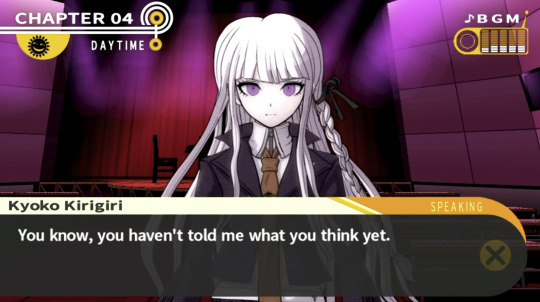
Multiple things come into play before the discussion starts. We have two opposing viewpoints and missing information between Naegi and Kirigiri.
One is that Naegi knows about Oogami's encounter with Monokuma, and the potential assumption that Oogami might be the mole; someone who could compromise everything in their investigation, but could potentially be taken out of context and pitted against regardless of innocence if he acts impulsively.
The second is with Kirigiri, where, finally leting her guard down, decides to trust Naegi on letting him in. She has been investigating heavily into the school; the reason for why she kept quiet over this is from the high risk if any information leaked to the Mastermind.
They begin talking, and we see that Naegi did what Kirigiri ordered him to do. When Kirigiri asks him for his own secret in return, we get a dialogue choice that locks you into not telling her about Oogami.

Game design-wise, it's not great at giving the player agency within this scenario. Narrative-wise, however, it showcases a key difference in Naegi's priorities, and how it contrasts with the player's and Kirigiri's.
Naegi makes it clear that his first priorities are about the safety of his friends, and the consideration towards their feelings and thoughts. So even if the player wanted to tell Kirigiri about Oogami — the most beneficial choice to do in this scenario — Naegi is on a different page for good reasons. He doesn't know the context for why Oogami started to fight Monokuma, and believes in the idea that there's more to the situation than a simple betrayal of the group. He knows that if he fully accused Oogami as the mole, it would create more tension, and change the survivor dynamics drastically where everyone can side against her if he doesn't have solid evidence. He is careful towards his friends' lives, and averse to risk-taking since he doesn't want people to get hurt.
From a player's perspective, this wouldn't make much sense due to how capable Kirigiri is towards the investigation, but it becomes more understandable in the context of the conversation before Naegi refused to tell her.


When Naegi talks about him getting attacked by his assailant in the secret room, Kirigiri admits that she suspected the potential of him being endangered. Naegi, understandably, points this out. After all, he trusts her, and he didn't realize beforehand that she was okay with the potential of having him get caught, or have the Mastermind react against him, all to further confirm information she needs to know.
Keep in mind, the group doesn't know about the Mastermind being strict on following their own rules at this point in time, so for all that the group knew, Monokuma could've killed Naegi in the same way he killed Ikusaba, where even if it didn't fit the regulations, it would be a good exception to prevent any troublemakers.

And when he pointed out that she knew the risks of putting him there, Kirigiri said he would've been able to handle it due to being a guy, which doesn't help (In the fan translations of this scene, she even says "Aren't you man enough for it?" which is hilarious by the way, but also makes this worse). There's a disregard to his concern over his own safety, and while he says it's fine, it's in the same way that Kirigiri remarks that him not trusting her is fine. It's definitely not fine.
Naegi trusts Kirigiri to some extent, but in realizing this, the hesitation then settles in. If she is that okay with disregarding his concern, there's a potential that stuff could get worse if Kirigiri is willing to risk perhaps one's own secret to further her goals, and he would rather confirm with Oogami on her thoughts and feelings than leave the stability of the group up to chance.
On the other hand, Kirigiri is focused on the truth. Her way of showing care towards the situation is by honing so much onto the trail of clues — where she would rather risk her own safety, and use others to get that goal if she has to. The mystery needs to be solved, the truth has the key to their escape. Risk is a necessity, or else one wouldn't be able to break out of the confines of the current investigation; being told about Oogami earlier would've kept her in the know, so that they can prevent any further deaths from occurring, and get the advantage on the Mastermind.


Naegi's switch in his sense of trust was not only confusing to her, but she remarks it as unfair and she gets very angry about it. After all, he has been consistent in being genuine, honest, and easy to tell as a person.

When we got to the point where Kirigiri started to trust him more, it was after he reassured her that he would be there for her, that he's her friend, and that he believes in her. Kirigiri has massive trust issues due to past betrayals, and at this point he has been pretty consistent enough for her to think he would be someone she can trust a bit on very important information — that could also get her killed if he said anything. So him deciding a day later that he is going to hold off on saying his secret to her hurt her a lot. A whole lot.
It's definitely hypocritical due to her doing the same thing to him with never opening up about her own information unless needed, and closing him off from any further inquiries into her. After all, she has been dragging him around multiple times to test out different hypotheses of the Mastermind without really giving back in a similar way. But it gives reason to why she's mad about this regardless.
Other than that, we also find her remarking him as arrogant in prioritizing a potential dangerous mole than someone who had been by his side since the beginning. Which brings us to our next section...
Part Two - Confusion and Arrogance
Naegi and Kirigiri, during this portion of the story, are not talking to one another. The former is trying to reach out and say sorry, while the latter is giving the other the silent treatment. While this is on-going, an important thing to note is in the way these two remark on each other regarding their behaviors — in ways that misses the point of what the other is feeling due to the different ways they think.

Naegi, for instance, is so confused on why Kirigiri is angry, emotional, and critical of him after he decided to keep his secret for a while before telling her. For him, the way she acts comes completely out of nowhere, and has no idea as to why she keeps throwing hands at him throughout the entirety of the chapter.
He didn't consider the idea that his prioritizing over Oogami for just a moment would hurt her this badly, which makes sense. He didn't tell her he was going to hold off on the truth forever; he logically thinks that what he did is a good thing since he just needs more time to confirm before telling Kirigiri in confidence, and throughout the chapter you can see him really trying to get a moment to talk to Oogami, but never able to get a full opportunity due to circumstance.
He is serious about considering Oogami's feelings, and thinks carefully on how this information would tear apart the group. After all, the more tension and suspicion there is, the easier it would be for people to panic and start escalating the situation, and with people like Togami, no matter how much Naegi and Kirigiri could try to persuade him not to point fingers at Oogami, he probably would've done it anyway during this point of his character progression.
Adding the fact that he knows Kirigiri has used him for her own benefit, and wasn't bothered by it, Naegi believes it is better to approach a more empathetic perspective rather than Kirigiri potentially disregarding Oogami's feelings also. Even with him seeing the good in her despite her stoic and mysterious nature, there's still a lot for him to consider when it comes to how trustworthy she is over the compromising of one of their friends. He is not at that point in their relationship where he trusts her enough to make a leap of faith yet — that will come later down the line in Chapter Five, but I digress.


To add onto that confusion, he does try to bridge the gap by trying to talk to her. He wants to understand why she's mad, and clear up his thoughts about their prior discussions. But when he attempts to talk about what occurred, she completely ignores him, and they're unable to do a heart-to-heart on what he did incorrectly.
Overall, he is trying to do damage control by believing in people and knowing the full nuanced picture before acting — it is a careful route so that nothing risky occurs for something like paranoia to spread.


In Kirigiri's eyes, she finds the exact opposite, where she marks Naegi as an arrogant hypocrite on the way he prioritizes what is important.
At first, I didn't know why she labelled him as arrogant (or, in the fan translation, self-conceited), but it occurred to me that Naegi, despite his good intentions, has been continuously choosing what he believes is good to act upon, and not enforcing it properly.
Think about it. A great deal of these scenes happen when it relates to the subject of trust and friendship, and what Naegi chooses to focus on as important.
When it came to the pictures he found from the pre-amnesia years, he states that even if there is a chance that these photos are fake, that they should at least consider Monokuma's statement of the pictures potentially being real to consider more theories on the school's mystery. Kirigiri, who has been listening in on this — and had this guy say he believes in her, and then indirectly tell her he doesn't trust her fully to talk about his secret — starts blasting him:
Kirigiri: "Then you trust Monokuma's word over the people who have died?" Naegi: "Huh...?" Kirigiri: "That's what you're saying, isn't it?" Naegi: "No, that's not it..." Kirigiri: "I'm shocked. You told everyone how we should believe in our friends, but you refuse to do the same."
The same thing happens when they discuss about Alter Ego, and how Naegi empathizes with AE enough to consider them as their friend who they need to protect, which was days after Naegi said to Kirigiri that he was her friend:
Kirigiri: "Anyway, there's nothing more Alter Ego can do to help us. As such, his role in this is over. Am I wrong about that?" Naegi: "No, but..." Kirigiri: "And frankly, I question the ease with which you decide who is and isn't your friend."
Each scenario Kirigiri reacts to has genuine reason for her to be critical about his priorities, and how, while thoughtful towards the people around him, he goes off on his own ideas of what would be better for the group. Even when Hagakure and Asahina were skeptical over the photos, he still asked them to consider their legitimacy — which makes sense for us as players, but in-universe, sounds like Naegi is more willing to listen to their own kidnapper while having no solid evidence to show these photos existed.
Kirigiri definitely considers the probability of the photos' implications, knowing at this point she's starting to recognize the disconnect in her body and how it correlates to amnesia, but I wouldn't be surprised if she's prioritizing being angry at Naegi's hypocrisy more before she can focus solely on that.
In a way, both of them are a lot more similar than they realize when it comes to standing their ground on what they think is right, and it's leading them to become hypocritical to each other due to what they believe in. Kirigiri is a lot more intense in her hypocrisy due to how secretive and closed off she is regarding how she perceives her importance in the investigation, while Naegi is more hypocritical in the way where he cares about people so much that he gets anxious and will compromise things if it means helping someone. Their compassion focuses on very different ways where one prefers careful guidance with minimum risk, while the other is driven by careful guidance with high risk if needed.
Either way, she's not going to listen to him until she has reason to, which is where Alter Ego plays a part in how they start bridging together.
Part Three - Alter Ego

The first time we see Kirigiri and Naegi attempt a "reconciliation" would be at the Nurse's Office. Genuinely, that whole conversation didn't really resolve much. It's akin to having one kid telling the other to forget about their problems, while the other dejectedly decides to brush it off. There is a moment where she does admit (while blushing in embarrassment) to overreacting to something that, in hindsight, could've been talked about calmly, but that's that.
It's an exchange where they are only starting to talk again due to circumstances, where Kirigiri needs Naegi's help since she still trusts him slightly more compared to the rest of the group, and it's a better time than any for Naegi to try to reach out to her.
However, Alter Ego as a presence challenges some conceptions they have regarding the way these two operate within the story. Alter Ego, specifically, focuses on what it means to take care of and account for someone, and the emotional connections that are created even when it's towards a force such as an AI.
Kirigiri and Naegi differ in how they approached Alter Ego over their encounters.
At first, Kirigiri had been approaching Alter Ego with the intentions of furthering the investigation. She asks curt questions to get more information, remarks about the benefits of having a perfect personality used to gather said info, and that they won't have to interact much with AE after they have finished their analysis.
However, this gets challenged the moment Alter Ego asks the question of what happened to Fujisaki.


She hesitates a bit, almost taken aback. She probably didn't expect Alter Ego to have agency in wanting questions answered in return. This can be found in each moment Alter Ego mourns over people such as Taka, Yamada, and Celeste; and the way Alter Ego gets sad over not being able to help or say hi to the group anymore.
She doesn't know what to feel over an AI that seems to care about them and their safety, and Naegi's question of sentience later down the line makes her think about it even more, even when she was mad at him at the time.


Naegi empathizes with Alter Ego. He sees Alter Ego as someone worth protecting, caring for, and seeing as a friend rather than just a machine. While he acknowledges that AE is a program, there's this heavy trust in them that is a similar drive to why Naegi does the things he does.
He hates the idea of leaving them alone, or putting them in danger, because his connections and experiences with AE's determination feel genuine to him. Kirigiri is understanding to this, and no matter how much she tries to ignore him in her goal towards the truth, her mind is in a battle over what to do whenever she talks to AE.
Despite this, Naegi's concern also gets challenged during the later encounters with Alter Ego — where he and Kirigiri grow surprised over Alter Ego's wanting to connect to the network.


Alter Ego has shown that they are determined to help out this group, and knows of the risks that they're facing by doing this. This is a moment where it's made clear that AE would rather put the lives of the group over their own, and that elicits mixed feelings between Kirigiri and Naegi.



At this point in time, we get confirmation that Kirigiri has been indecisive when it came to Alter Ego. It built up in every genuine apology, question, and emotion AE had towards assisting them, and it bubbled over in their wanting to further their investigation. She doesn't know where the line veers between AI and a human being, but AE showing a "want" so tenacious outside of its commands is what makes up her mind.
If Kirigiri didn't really care much for AE, then Alter Ego's concern and readiness in sacrifice wouldn't be her priority in the conversation, but an opportunity towards her goal. But no.
We see that despite her irritation towards Naegi's hypocrisies, she does understand the complexity of the situation and her affinity to the AI. She didn't want Alter Ego to get hurt because of the group's investigations so she tried to have AE's work finished quickly so that everyone wouldn't be in danger. She sees a friend and ally in AE, and considers AE's request not only to find clues, but to also fulfill their request.
Naegi's reaction is understandably hesitant. After all, Kirigiri has shown that she would risk others to get closer to the truth, and now Kirigiri is ready to fulfill AE's wish immediately.

However, this is where Naegi has to be confronted with the fact that prioritizing a friend's agency also means respecting their wishes despite said risks, and to push further in showing his trust despite his anxieties.
He had been adverse due to understanding the potential ramifications when it comes to endangering one's self, and if they get caught, all three of them can get punished instantly.
Alter Ego: "I want to work as hard as everyone else so that we can all get out of here!" Alter Ego: "That's what Master would want, too. So...to help everyone else...to solve the mystery of this school...the only way I can help is if you connect me to this school's network!" Naegi: "B-but...if you did that...that's basically suicide." Naegi: "I'm positive the mastermind would find out about it. They'd find you, and they'd...you agree, right Kyoko?"
He observes Alter Ego as not only a determined person, but also someone who is fragile, kill-able. He doesn't want another friend to be lost in the Killing Game, and when placed at a crossroads where someone is wanting to do their part regardless of death, he was ready to argue with Kirigiri if need be before she cut him off.


Here is where Kirigiri's perspective pulls through.
In this moment, Naegi gets challenged over what he should prioritize. At this time, he is used to being careful and believing lesser risk-taking is better than rocking the boat, and this means he can be just as stubborn as Kirigiri. That's the main thing about him: he can sometimes choose options that could potentially go against the majority or what the person he's protecting wants. He likes choosing decisions that he believes are the right course of action and holds onto it, especially if it benefits his friends.
A small example of this would be Naegi prioritizing Kiyotaka's wanting to see Alter Ego despite Kirigiri prohibiting access, where she is rightfully pissed off despite Kiyotaka getting semi-closure.
And even when he does learn to take risks and trust his friends' safety despite those risks, this sense of going against the grain is showcased later down the series, when Naegi goes behind the Future Foundation's back in rehabilitating the Remnants even when the broad population wants them to be punished, since he doesn't want to make the same mistake he did with Enoshima — he wants to give the Remnants a second chance.
This willingness to stick by his fellow human beings' safety and what he believes isn't bad, it means that he cares a lot and the decisions he decides to do have helped find better alternatives, but these decisions have similar levels of risk regardless of safety or care.



This is the start of him understanding the way Kirigiri handles risk, and how respect towards friends comes in accepting those risks even if one is afraid or someone gets hurt.
Kirigiri does consider the feelings of other people too, and her wanting to take risks is a result of how she showcases this compassion towards the people around her, all by saving lives even if it means someone gets hurt — which is both good and bad knowing how it affected the way things went during the game.
She is the same person who is willing to bait Togami into humiliating himself so that he not only stops fighting against his peers, but to save them all from getting executed. She's the one who guided Naegi to the truth of Maizono on his own terms, even when she could've finished the trial in probably half an hour and did this also to see how capable he might be to her later on. She respects AE's agency of keeping them safe, and it's revealed afterwards that she was eager to find information that could convince the group to calm down around Oogami too. She cares a lot, and will take the risk of AE dying, even if it hurts.
This is where both of their views start to collaborate with another, and have them agree to sneak AE. They may have separate ways of doing things, but they both have a similar goal in mind, so there's some beginning of trust again, especially as they work together in the chapter's investigation and trial afterwards.
Their communication is still on a rocky path, however. After all, Kirigiri continues to be distant with him, and Naegi remains nervous over having to do more risky actions. The lessons that their two perspectives give each other haven't settled in fully, but this interaction is the first inertia in them trying to understand the other, and how it all builds up towards Chapter Five and Six.

Where Naegi decides to trust Kirigiri's investigation despite the danger, and how Kirigiri makes the choice of atoning to Naegi after his sacrifice.
25 notes
·
View notes
Text

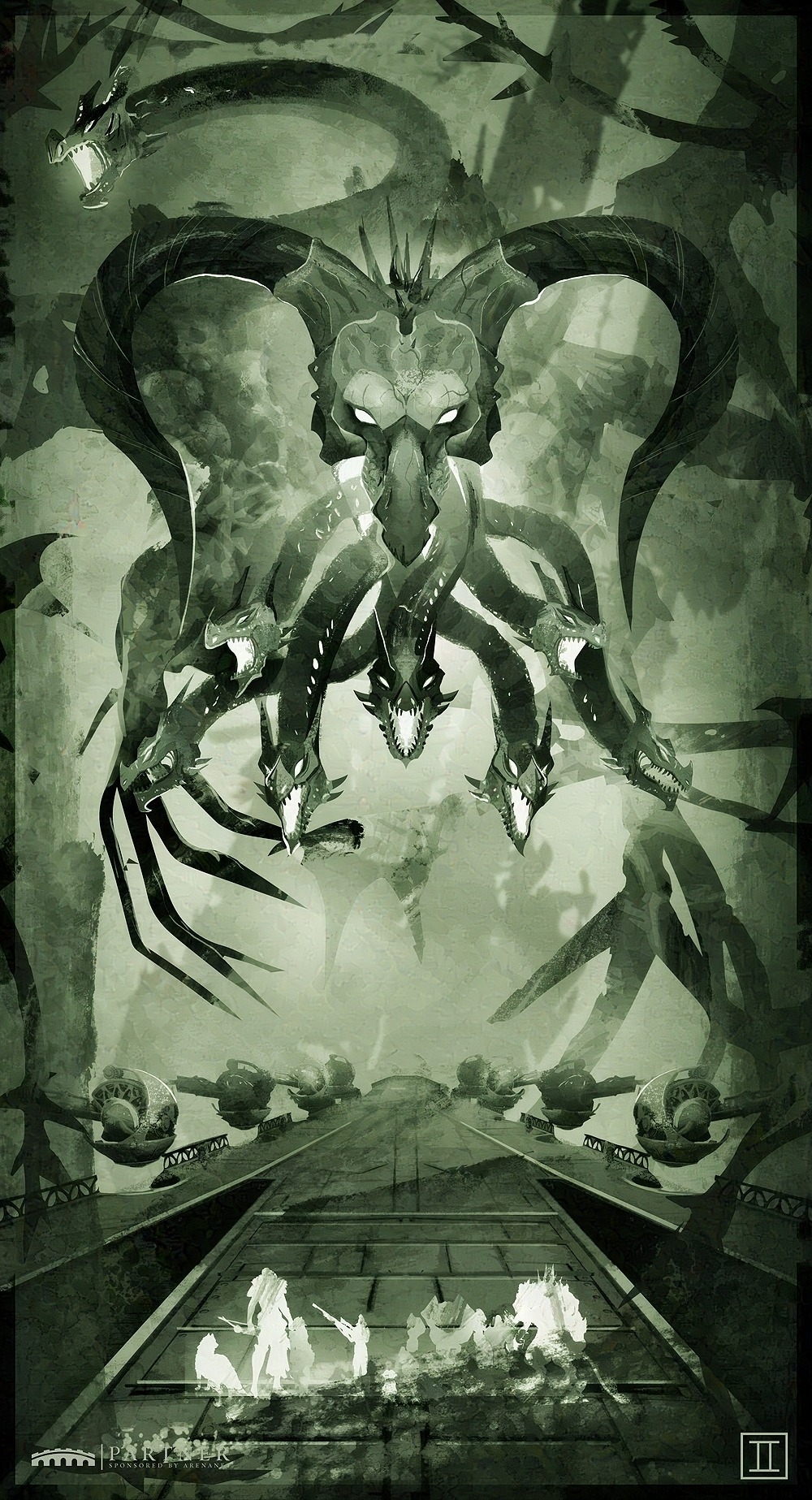
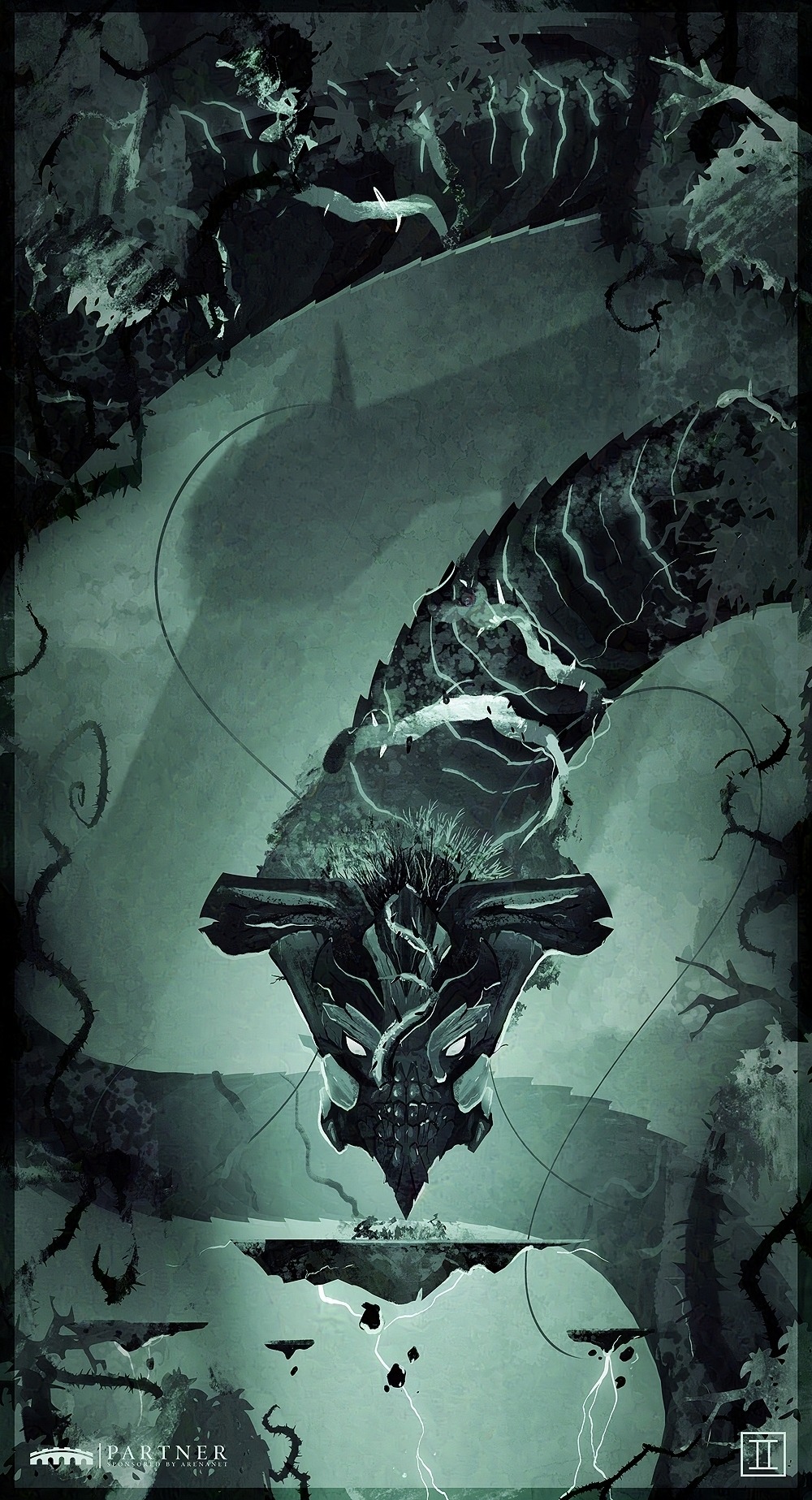

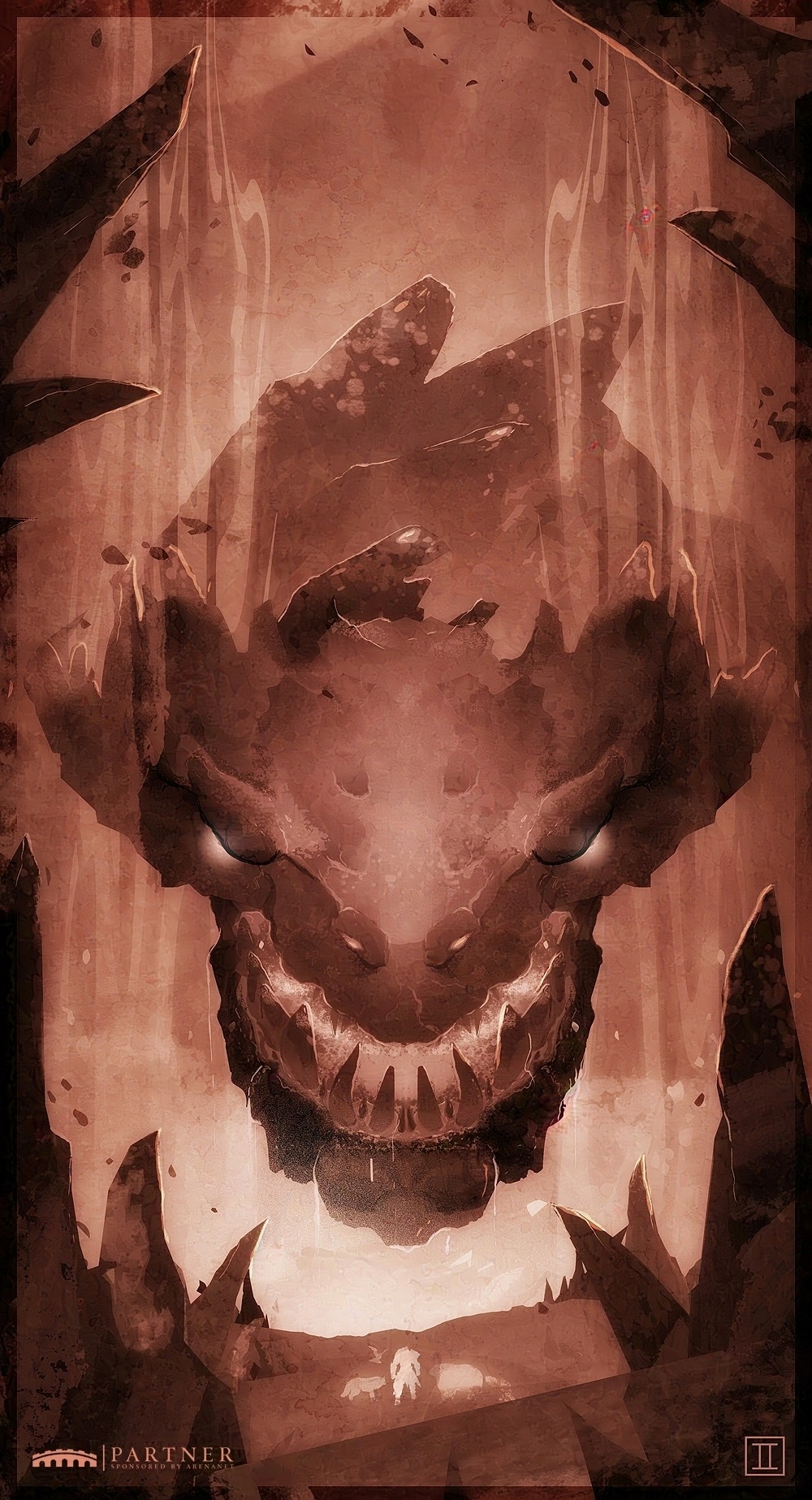
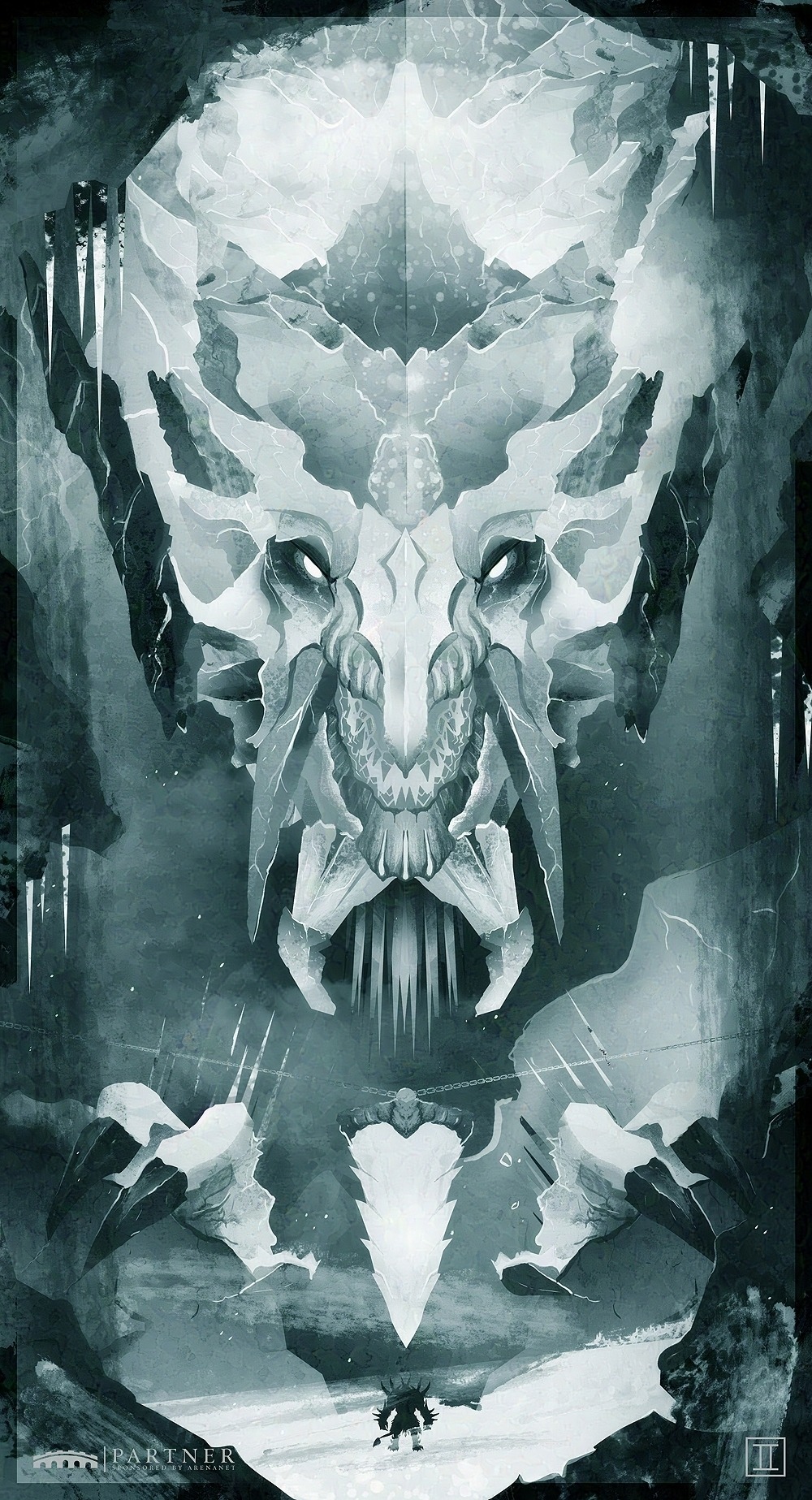
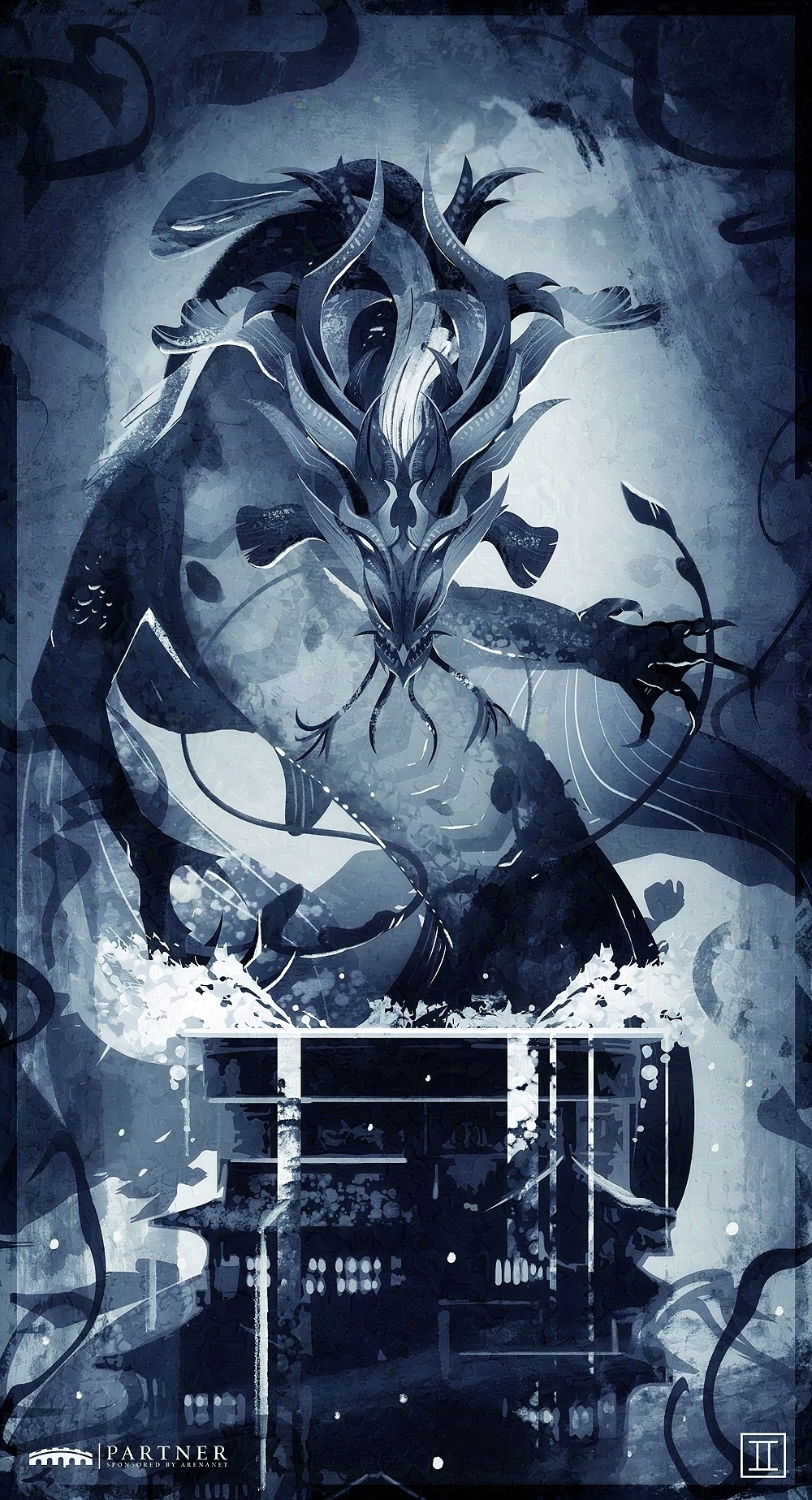
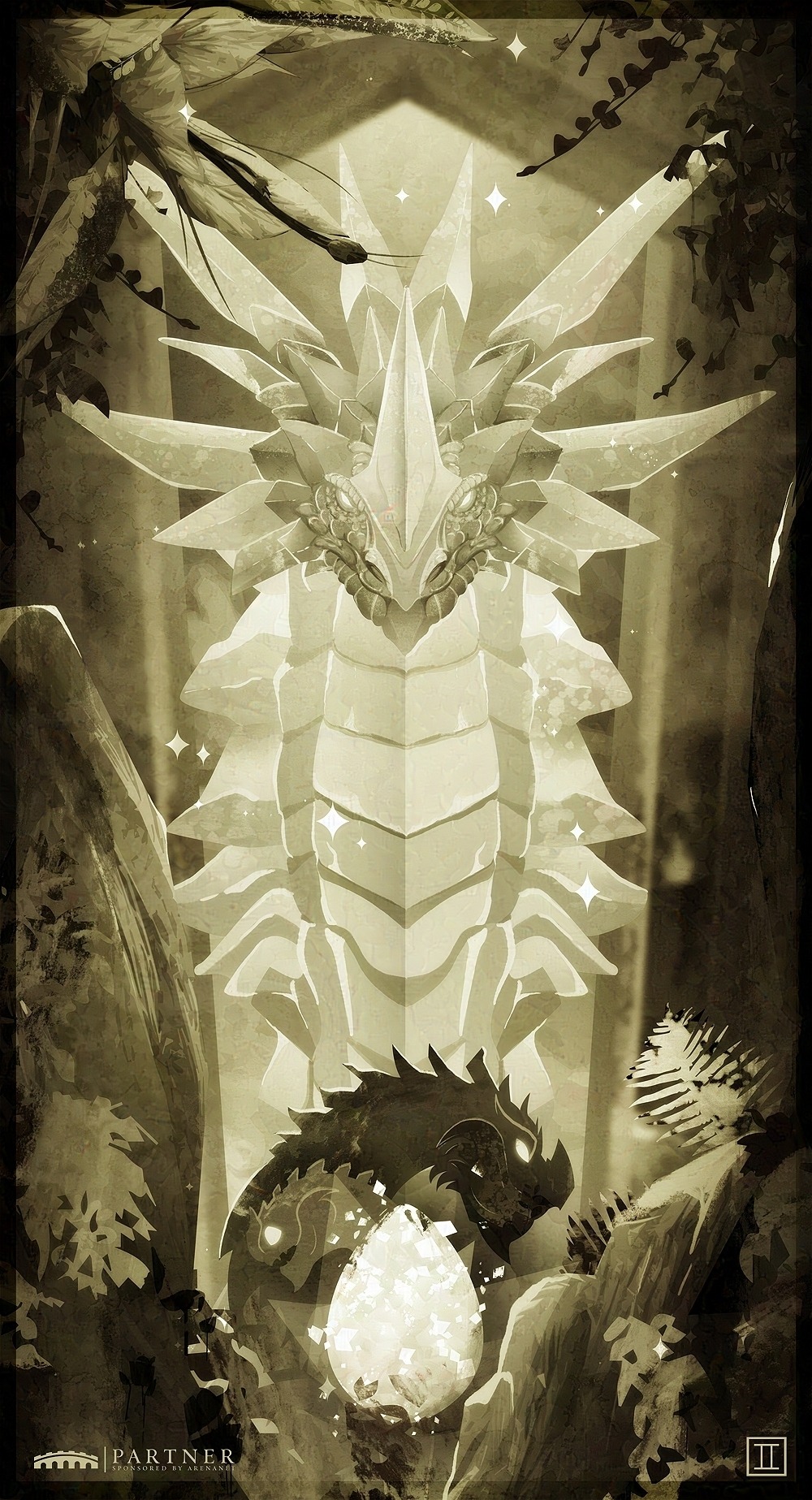
The Elder Dragons of Tyria Series Sponsored by ArenaNet Support me on Patreon <3
1K notes
·
View notes
Text
of course people like rytlock brimstone, he's the most badass hardass sopping wet sad beast in the entire series. he's a tribune, the rest of blood legion hates his guts, he's a hero who's slain dragons, he fucked up and unleashed a corrupt war god, female charr want him carnally, he's divorced, he's the only one with sense, his own son thinks he's a loser, every other race thinks he's big and scary, he's a runt compared to almorra soulkeeper. the dick must be insane.
673 notes
·
View notes
Text

for Makoto's birthday I convinced myself to finish this WIP which was almost a YEAR old
Anyways, happy birthday hope boy🍀
461 notes
·
View notes
Text

As a certified guinea pig sorcerer you can acquire a pig blessing
452 notes
·
View notes
Text
fun fact guinea pigs don't have many defensive or offensive capabilities besides running away so they start fights by just launching themselves at other pigs like little potato-shaped footballs
357 notes
·
View notes
Text


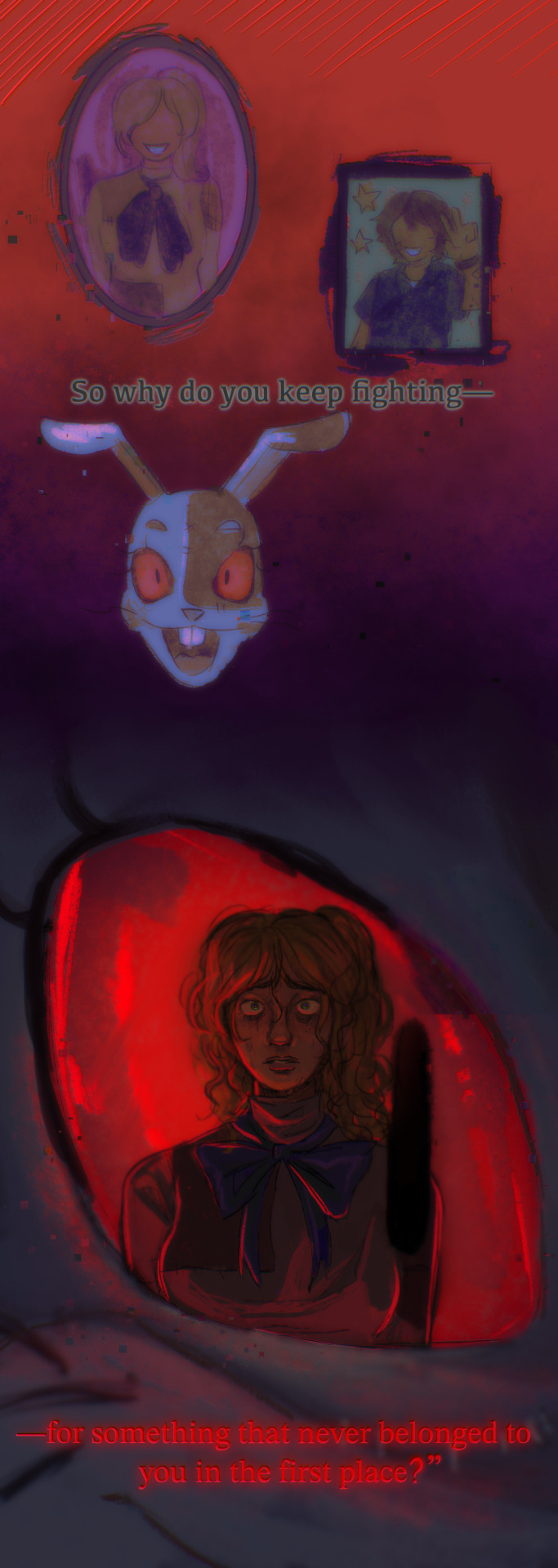
la la laaa comic time 🗣️🗣️
1K notes
·
View notes
Text












"Year Of Our Pig(s) 2025", pictures i drew for a calendar for @thatboxylady featuring our guinea pigs Creamie, Cheese, Caramel, and Chippy (and Frappe, RIP)
312 notes
·
View notes
Text
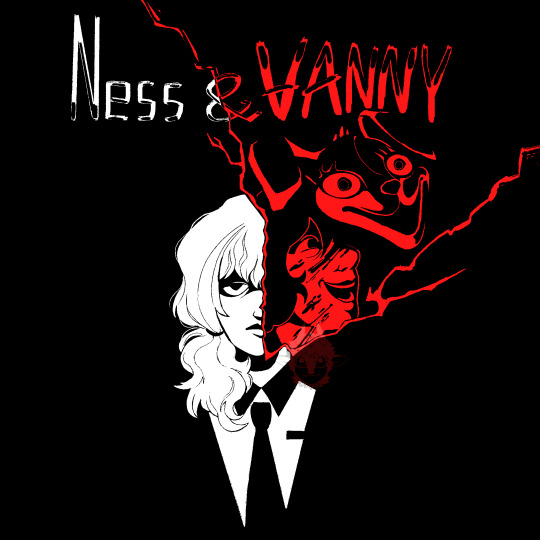

I had an thought >:3c (sorry I'm not that good at writing captions)
1K notes
·
View notes
